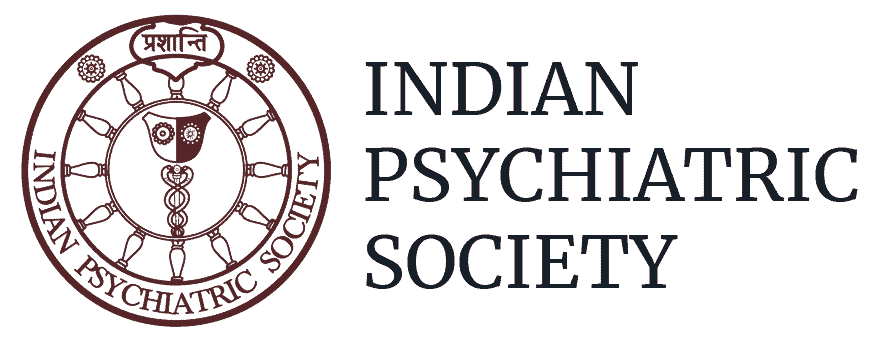
Geriatric Anxiety Disorders
Summary: This guideline summarises aspects of clinical assessment, differential diagnosis, and specific considerations in the evaluation of anxiety disorders in older adults. The role of medical comorbidities and medications are specifically addressed, along with a list of minimal investigations and a summary of symptom rating instruments and evaluation questionnaires. Considerations of the setting of care, and treatment options, both pharmacological and non-pharmacological (including the requiredmodifications for use in the elderly and for the Indian context) are briefly summarised. Cognitive therapy, mindfulness, lifestyle modification, and the role of modalities such as yoga, art, drama, social activities are briefly summarised. First line agents, and dosing modifications for the use in thies age group are included for medication options.The clinical evaluation of hyponatremia and a treatment algorithm are provided
Authors: Alka A. Subramanyam, Jahnavi Kedare, O. P. Singh, Charles Pinto
Year of Publication: January-2018
Citation: Subramanyam AA, Kedare J, Singh OP, Pinto C. Clinical practice guidelines for Geriatric Anxiety Disorders. Indian J Psychiatry. 2018 Feb;60(Suppl 3):S371Ð82.
IJP Article Link
The IPS Archive
All notices & announcement of the IPS are now archived for future reference and are availabe in a searchable format for registered members of the society.


